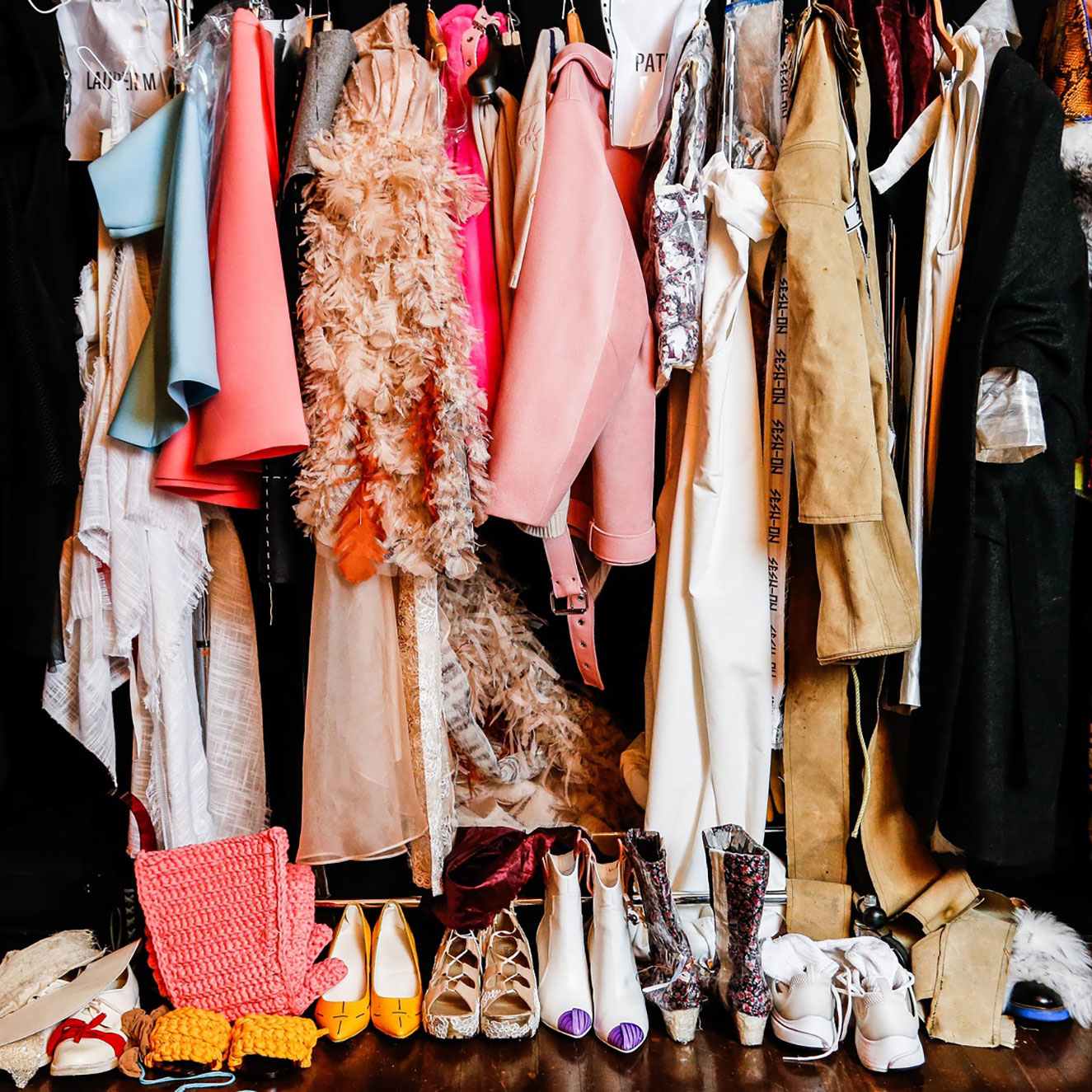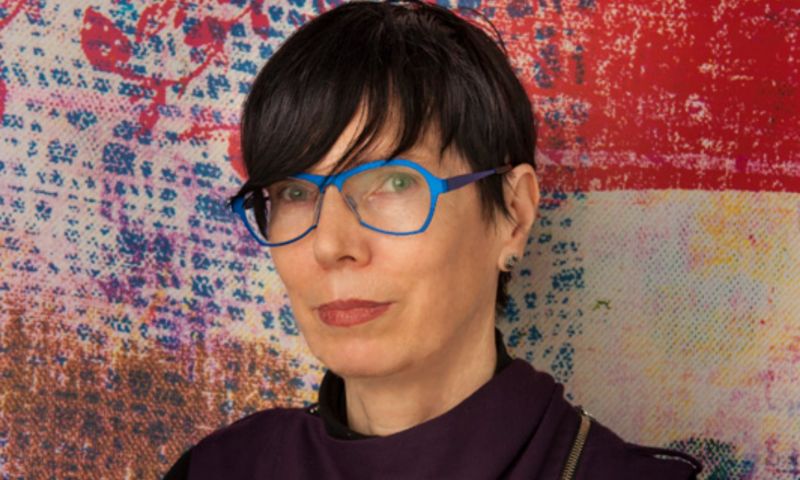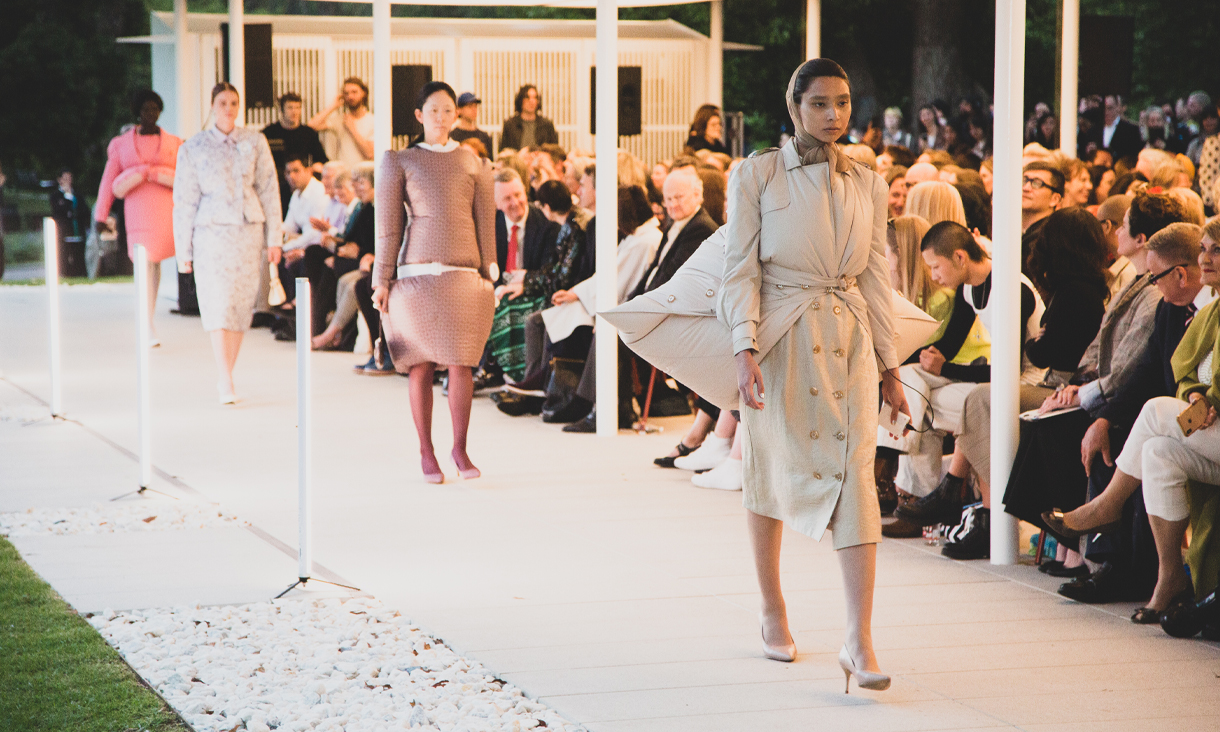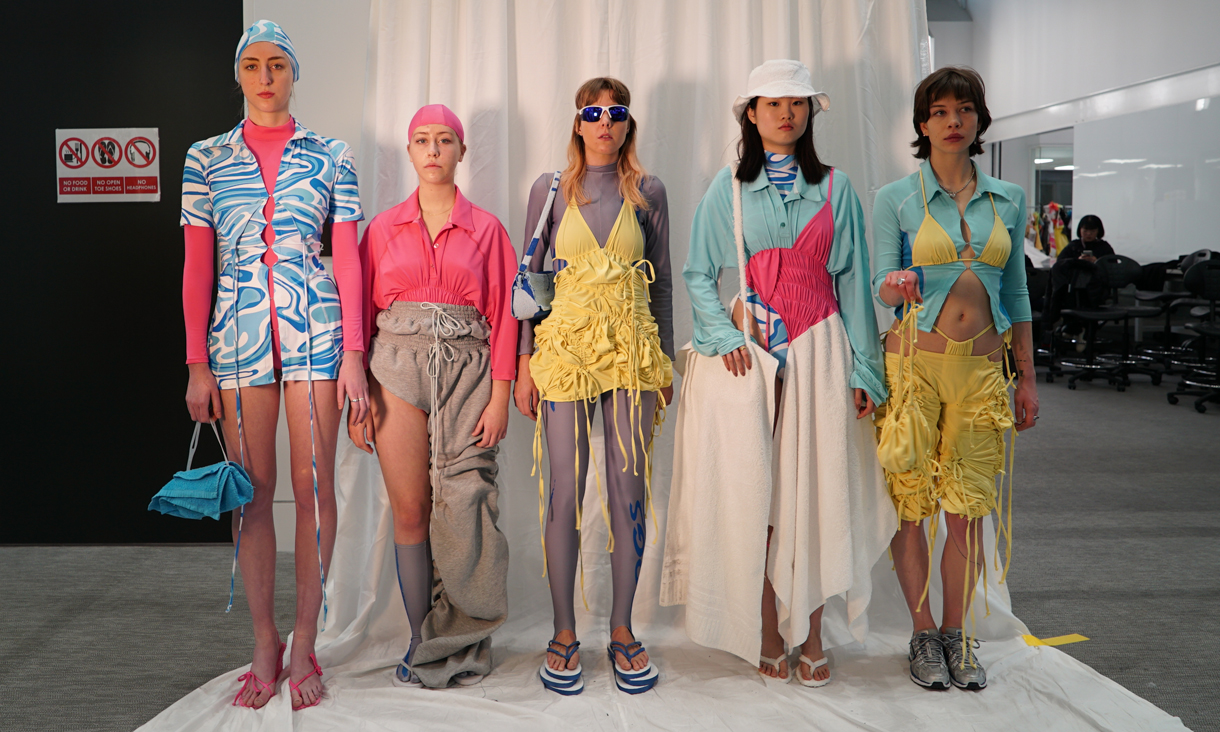Dean of the School, Professor Robyn Healy said a changing industry meant new jobs were emerging, with specific roles opening up as a growing number of companies focused on sustainability.
“We tend to think of technology as removing jobs – ones that we are familiar with now – but it also creates opportunities for new jobs that are still emerging,” she said.
“Fashion graduates will need to be conversant with technology, but as global citizens, they must develop an understanding of its impact on people and the world.”
Healy said it was time to rethink our connection to clothing and relationship to the planet.
“People are now designing for 3 – 4 lives of a garment, she said.
“’Fast fashion’ might be something you wear for five days, dig into the backyard and soon it’s growing or sprouting.”
Associate Dean Fashion and Textiles Technology, Dr Jenny Underwood said the digital revolution was well on the way to transforming every aspect of the fashion industry, from design and manufacture, to the way we experience fashion.
“Innovations like robotics making clothes, garments grown in a lab or perhaps crafted algorithmically are already happening,” she said.
“There are ‘sewbots’ that can make a T-shirt in 22 seconds and bio-designed clothing concepts.
“Smart clothing solutions will support health care and wellbeing, provide protection and enhance performance.”
Underwood said improved environmental, social and ethical practices across the fashion industry will be fundamental to all these developments, to bring about greater transparency, fairness, and the shift to a circular economy.
Associate Dean of Fashion and Textiles Design, Dr Ricarda Bigolin agreed that a key shift to more sustainable, ethical and inclusive ways of working was needed globally.
She said the significant rise in the resale market in fashion was an antidote to the disposable fashion purchased in low-priced, ‘fast fashion’ outlets.
“Fashion designers are now asking more questions around how the industry affects the environment, people and economies around them and consider more deeply how their designs will be used and experienced, and what happens to them after they are no longer worn,” she said
“There has been a significant increase in the fashion designers using reclaimed or recycled materials and this is visible in all different markets globally.”






